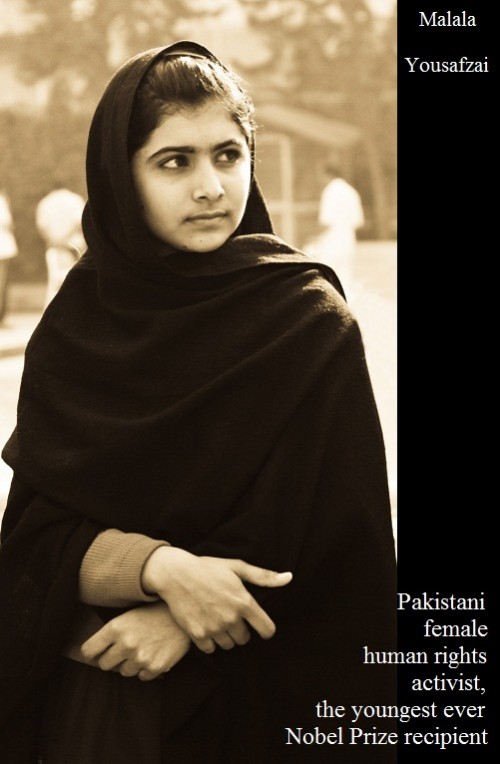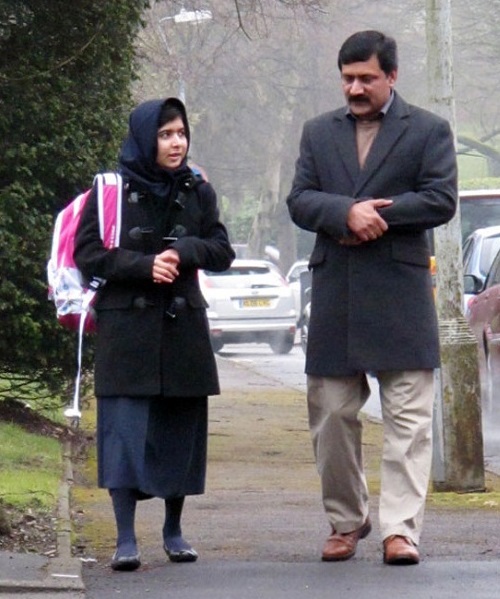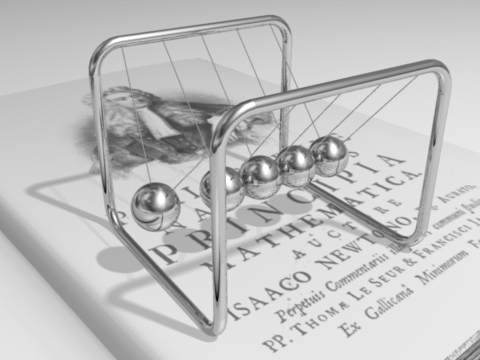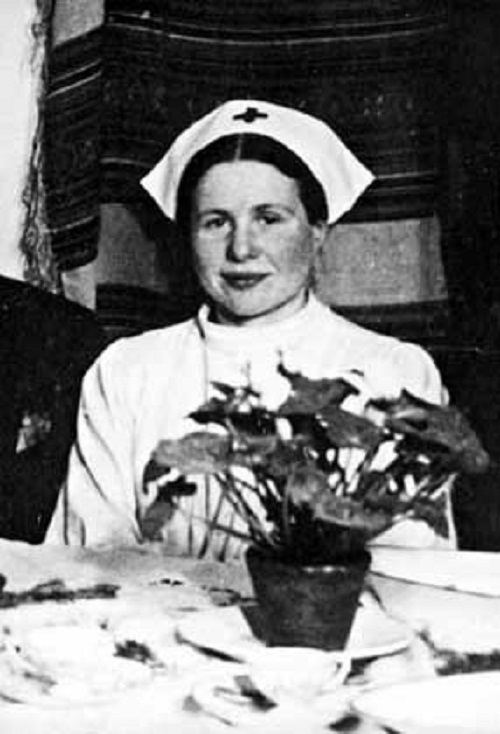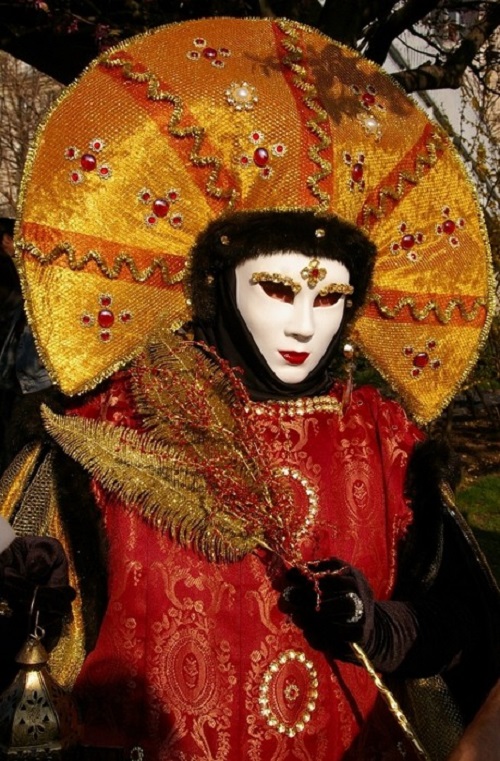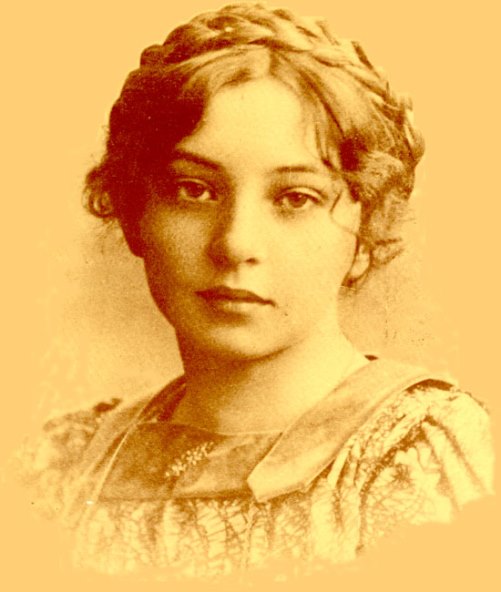Youngest Nobel Prize winner Malala Yousafzai
Youngest Nobel Prize winner Malala Yousafzai
Pakistani girl, human rights activist has received the Nobel Peace Prize in 2014. Thus, she has become the youngest ever Nobel Prize recipient. Malala became internationally known on October 9, 2012 when she was attacked by militants of the radical Islamic Taliban movement. Unfortunately, the girl suffered serious injuries to the head and neck, but survived and is now continuing her human rights activities. The Youngest Nobel Prize winner Malala Yousafzai born July 12, 1997 in the Pakistani city of Mingora in the Swat Valley. The girl’s name was given in honor of the Pakistani heroine Malalai – participants of the Battle of Maiwand during the Second Anglo-Afghan War. The name “Malal” is translated as “grief-stricken”, and the further fate of Malala Yousafzai proved that her name was crucial.
Malala is Muslim-Sunni in religion. Malala’s father Ziauddin Yousafzai is a poet, social activist and owner of a private school. Thanks to him, Malala was educated. In early 2009, the father of Malala proposed to correspondent of BBC to publish the diaries of one of the schoolgirls, and because of this the world would know better about the crimes of the Taliban seized the Swat Valley. Originally, a girl named Aisha started her diary of life, under the rule of the Taliban, but soon her parents forbade her to write the diary, fearing the Taliban. Then Malala started writing a diary. The hand-written notes were given to the reporter who send them by e-mail to the BBC website.

Pakistani activist Malala Yousafza visits an art gallery for children at a UNICEF center at the Zaatri refugee camp
January 15, 2009, the Taliban banned girls from attending school, and schools themselves were actively destroyed. In late February, the government made peace with the Taliban, and girls were allowed, but they had to go to school in a burqa. In spite of the peace, shooting in the city continued and people were afraid that this is only a temporary truce.
Last blog entry by Malala dated March 12, 2009, however, Malala and her father continued human rights activities. Malala has starred in the documentary film, appeared on television, was interviewed. As a result, Malala and her father began to receive threats from the Taliban. Making sure that the threats do not work, the Taliban decided to kill Malala.
At first, into the bus by which Malala went home October 9, 2012, broke a gunman wearing a mask and asked to say who Malala is, otherwise threatened to kill everyone. Then, the terrorist fired at Malala, and the bullet passed through the head, neck, and went right through the shoulder. Besides, two other girls sitting around were wounded. Malala was taken to a military hospital, where the bullet was removed. When the girl’s condition stabilized, she was sent by plane to Birmingham (United Kingdom), where doctors restored her hearing lost after the shooting.
UN Secretary General Ban Ki-moon called the attack “heinous and cowardly act”, and a former first lady Laura Bush compared Malala to Anne Frank – a Jewish girl who kept a diary during the Nazi terror in the Netherlands.
On her 16th birthday, July 12, 2013, Malala Yousafzai spoke in the United Nations. She began with a traditional call to Allah, the Merciful, and welcomed those present with a Muslim greeting, “Assalam alaikum,”. In her speech, Malala said: “Dear friends, October 9, 2012 Taliban shot me in the head. During the shooting they wounded not only me but also my friends. They thought that the bullet will make us all stop what we are doing, shut up, but they were wrong. Terrorists thought they could change my goals and temper my ambitions, but despite their aspirations, everything in my life is still the same. And only one thing in me has changed – died weakness, fear and hopelessness. Strength, power and courage replaced them”.
Malala has stressed that there’s no place for revenge and she wants education for sons and daughters of the Taliban and that the right to education is specified in the Qur’an. So, she said, “Today, there are 57 million children not attending school, 31 million of them – are girls. In Pakistan and around the world a lot of girls who are are forced to get married at a young age, and start a family life. Under those circumstances, they can’t think about education. We invest in girls’ education and protect those who are fighting for their right to education.”
Youngest Nobel Prize winner Malala Yousafzai
Moreover, speech of Malala in the UN caused a new surge of interest in the problem of education in developing countries. Pakistani journalist and head of the analytical center “Jinnah Institute” Raza Rumi wrote on his Twitter: “I cried listening to Malala. How fearless she faces Pakistani extremists. I’m Proud of her!”
As has been noted, Malala has received numerous international awards, in particular, Anna Politkovskaya award for “courage to speak when everyone else did not dare, for the power to speak on behalf of many women and girls, whose voices are not heard.” Besides, “Time” magazine put Malala Yousafzai in second place in the list of the most influential people in the world. Notably, Malala was twice nominated for the Nobel Peace Prize in 2013, even though she did not get it, still, she has won it in 2014.
top-antropos.com/history
